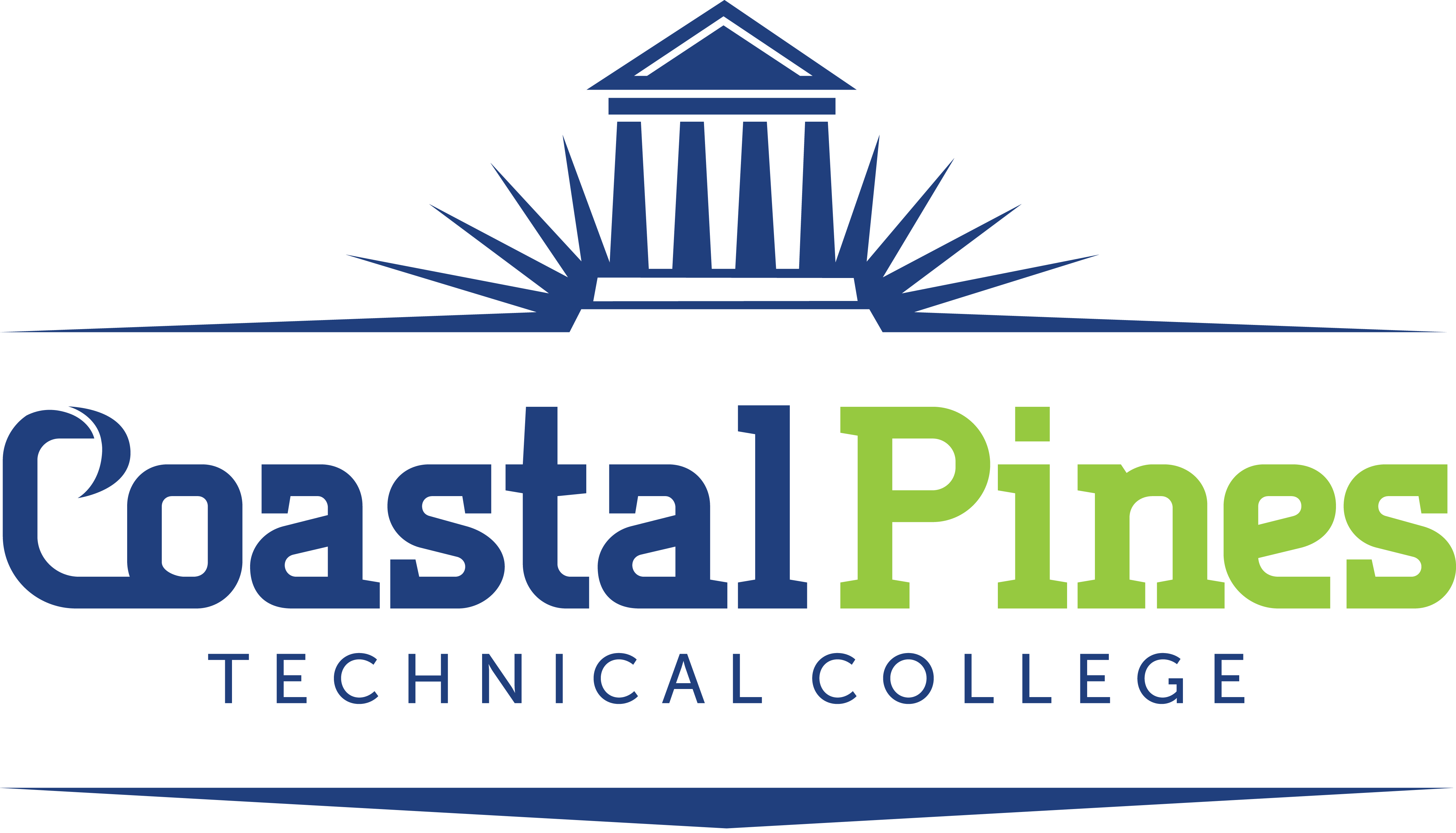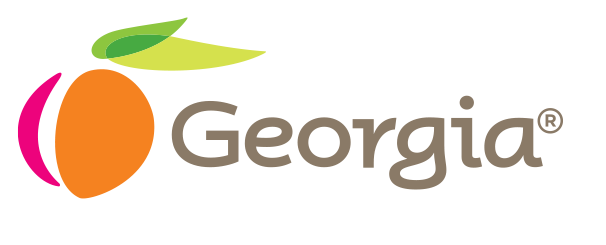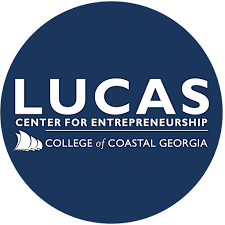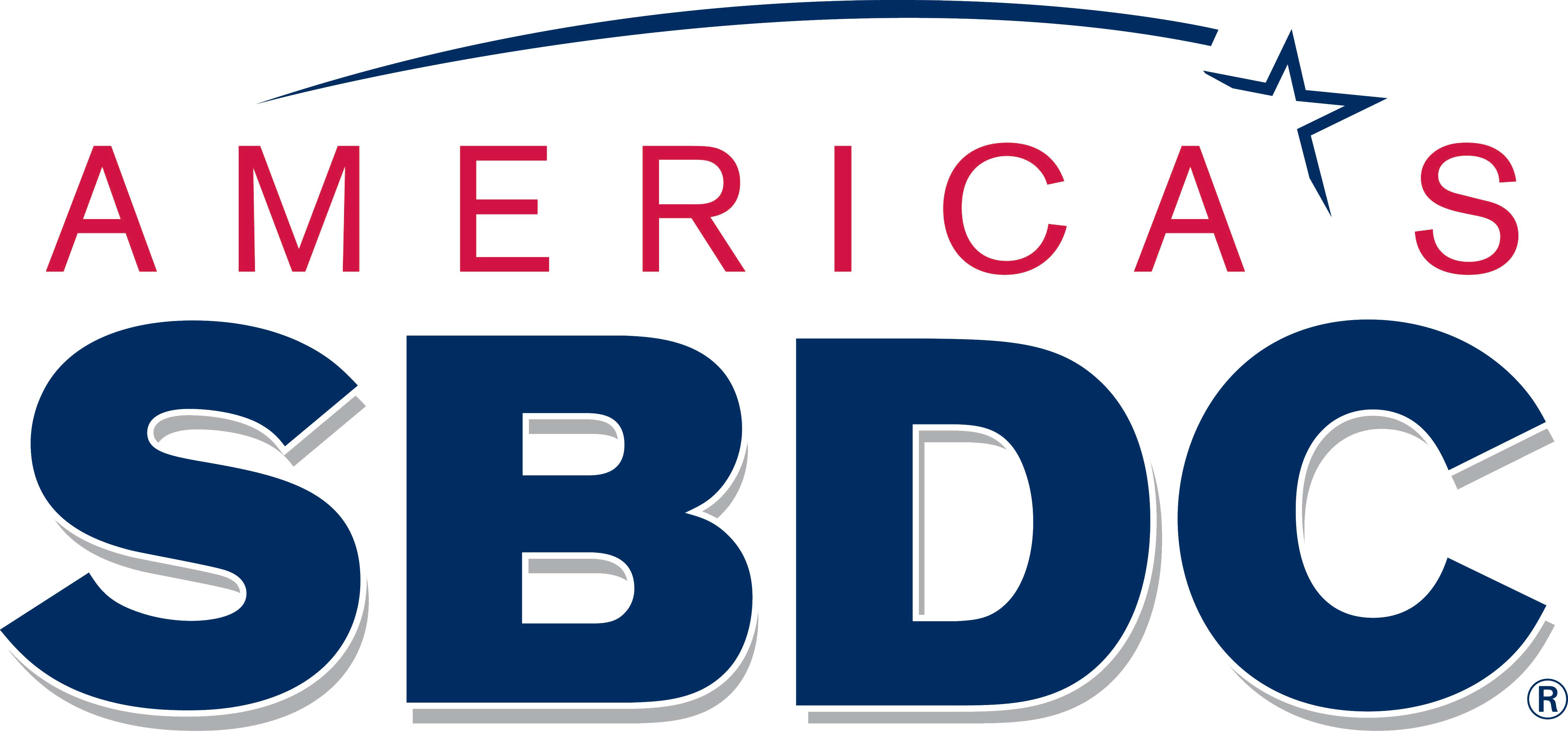Business Services
Business Services provides businesses and entrepreneurs with a variety of resources. For more information, please contact us at CommunityEd@CoastalPines.Edu or 912-262-4300.

CPTC APPRENTICESHIP PROGRAM
Apprenticeships are an industry-driven, high-quality career pathway where employers can develop their future workplace. Individuals can obtain paid work experience, classroom instruction, and a nationally-recognized credential all at the same time. Components of registered apprenticeships include a fulltime, paid job; work-based learning; part-time classroom instruction; mentorship; and industry-recognized credentials.

Quick Start is nationally recognized for providing high-quality training services at no cost to new or expanding businesses in Georgia that are preparing to hire a minimum of 15 net new employees in the same job classification for the manufacturing industry or 25 net new employees in the same job classification for the service industry. Since 1967, Quick Start has provided customized training for hundreds of thousands of employees and for thousands of businesses and industries throughout the state.

CPTC Career Services provides employers seeking highly qualified and skilled employees with access to our job posting system that allows employers to list full-time, part-time, temporary and seasonal openings. In addition to job postings, faculty program coordinators will receive any job listings that relate to programs of study at CPTC.

Workforce Investment and Opportunity Boards (WIOB/WIOA) provides employers that are interested in hiring unemployed and underemployed adults who meet the eligibility guidelines with a selection of pre-screened applicants for the available positions at no cost. Employers may also receive up to 50% reimbursement of the wages for OJT trainees to help defray personnel training costs.
Incumbent Worker Training (IWT) - provides funding assistance to employers to provide training designed to improve the skills of employees and the competitiveness of an employer. IWT can be used to help avert potential layoffs or to increase the skill level of employees so they can be promoted or to create backfill opportunities. Companies will receive the funding assistance needed to meet the demands of the rapidly changing economy, and the employees will receive the training necessary to upgrade present work skills, heighten job security, provide marketable skills, and increase the possibilities for higher wages and promotional opportunities.
What employees are eligible for training? It is preferred that this training be for employees who have been employed for a minimum for six months but the requirement is that the average of all participants be a minimum of six months. IWT funding cannot be used to fund training for seasonal, temporary or intermittent employment.
What costs does the funding cover? 100% of direct training costs. The funding covers training related costs including tuition, instructor wages, books, manuals and technology fees.
Are there any costs to the employer? The employer’s share of the cost is determined by the size of the company’s workforce and may include the amount of the wages paid to the employee while the employee is attending training. This is the employer’s non-federal share of the cost of the training. The non-federal share can also include other costs associated with the training. The employer non-federal share may not be less than:
-
50 or fewer employees = 10% of training related costs
-
51 to 100 employees = 25% of training related costs
-
101 employees or more = 50% of training related costs
How does a company apply for funding? Funding is awarded through an application process. For more information, please contact us at CommunityEd@CoastalPines.Edu or 912-262-4300.
WorkSource Georgia regions in the CPTC service delivery area:
-
Appling, Jeff Davis and Wayne - Heart of Georgia (HOG) WorkSource Georgia
-
Bacon, Brantley, Clinch, Charlton, Pierce, and Ware - Southern WorkSource Georgia
-
Camden, Glynn, Long, and McIntosh - Coastal WorkSource Georgia

Georgia's Department of Labor posts job notices, collects and screens applications and resumes, provides interview space, schedules interviews and hosts job fairs.

Georgia Tax Credits give businesses the opportunity to minimize or even eliminate state corporate income tax.
- Job Tax Credit
- Quality Jobs Tax Credit
- Port Tax Credit Bonus
- Mega Project Tax Credit
- Child Care Tax Credit
- Retraining Tax Credit
- Research and Development Tax Credit
- Manufacturing Tax Exemptions
- Distribution Center Tax Exemptions
- Digital Entertainment Tax Credit
- And More!
ENTREPRENEURS AND SMALL BUSINESSES

Art & Lindee Lucas Center for Entrepreneurship
- Support entrepreneurship with mentors, peers, experts, regional partners, local businesses, and friends.
- Build capabilities for entrepreneurs with workshops, coaching, pitch competitions, college courses, and events.
- Support new and growing entrepreneurs on their path to accessing capital with our network investors, lenders, and partners.
ENTREPRENEURS AND SMALL BUSINESSES

SBDC (Small Business Development Center) Brunswick
Provides tools, training, and resources.
ENTREPRENEURS AND SMALL BUSINESSES

U.S. Small Business Administration
Provides counseling, capital, and contracting expertise.
Community Education Offices
3700 Glynco Parkway
Brunswick, GA 31525
Open in Google Maps
CPTC Waycross
1701 Carswell Avenue
Waycross, GA 31503
Open in Google Maps
CPTC Jesup
1777 West Cherry Street
Jesup, GA 31545
Open in Google Maps
Community Education Contact
CommunityEd@CoastalPines.Edu
(912) 262-4300
Community Education Hours
7:30am - 5:30pm (Mo-Th)
* Please note that there are occasional exceptions to these days / hours at each location. Staff occasionally adjust their schedules to accommodate work-related obligations that take place outside of these hours.